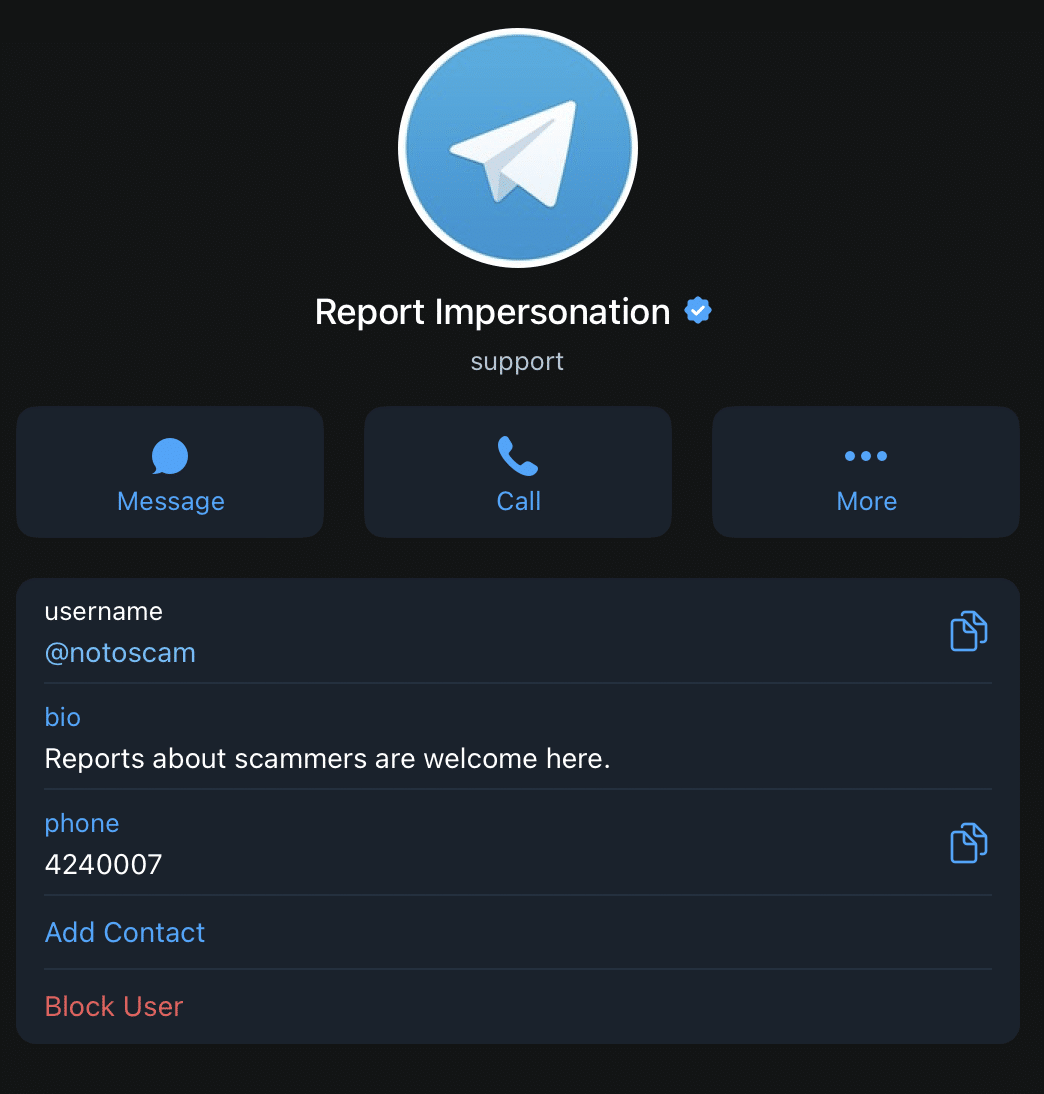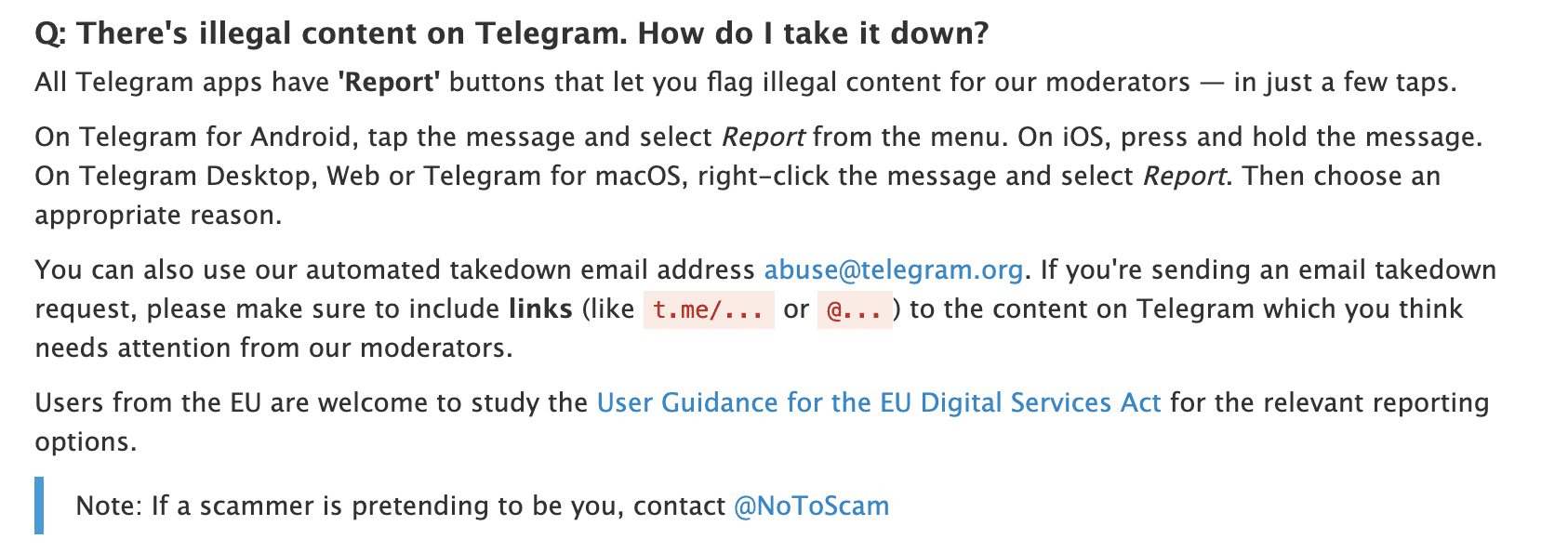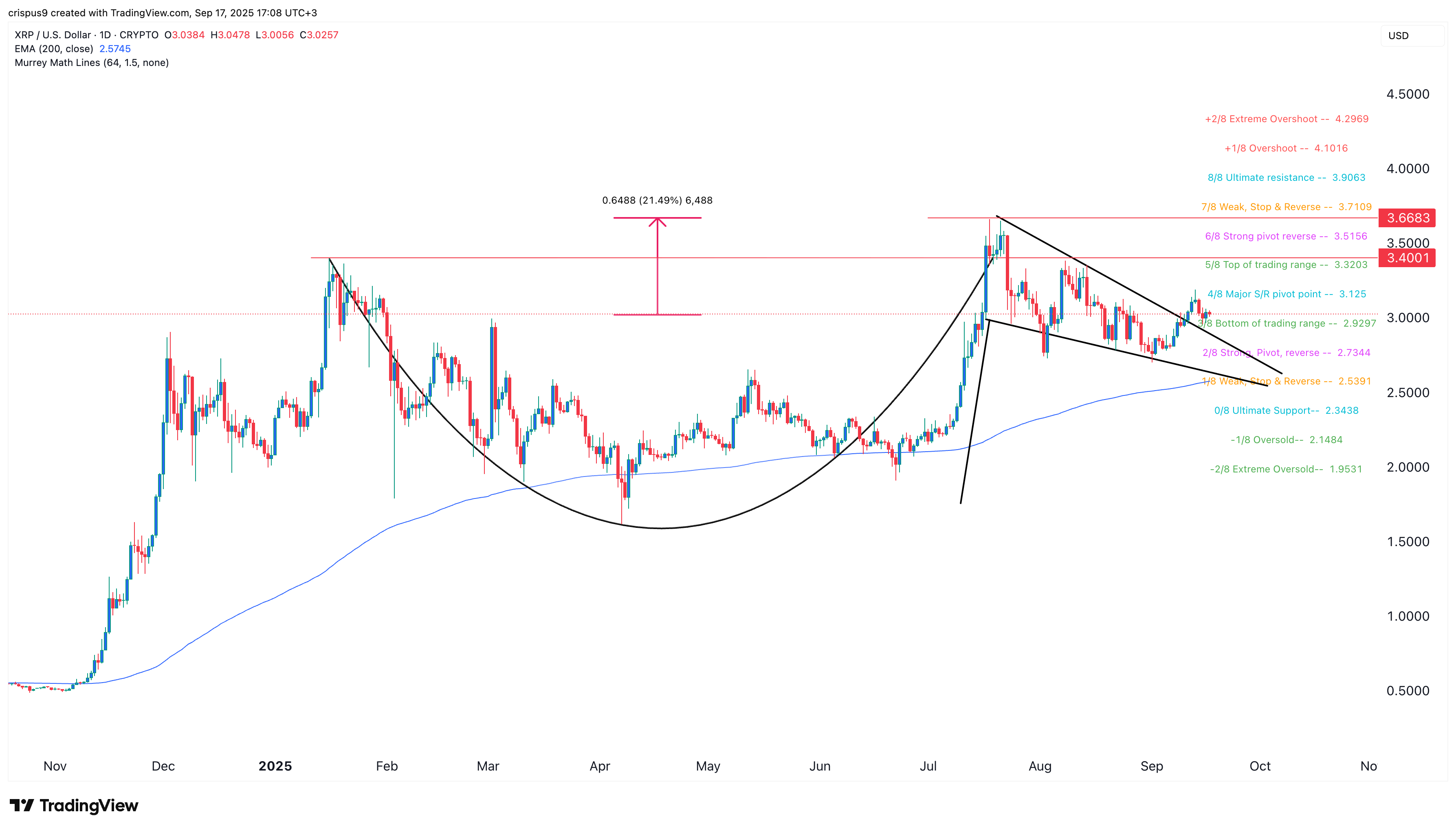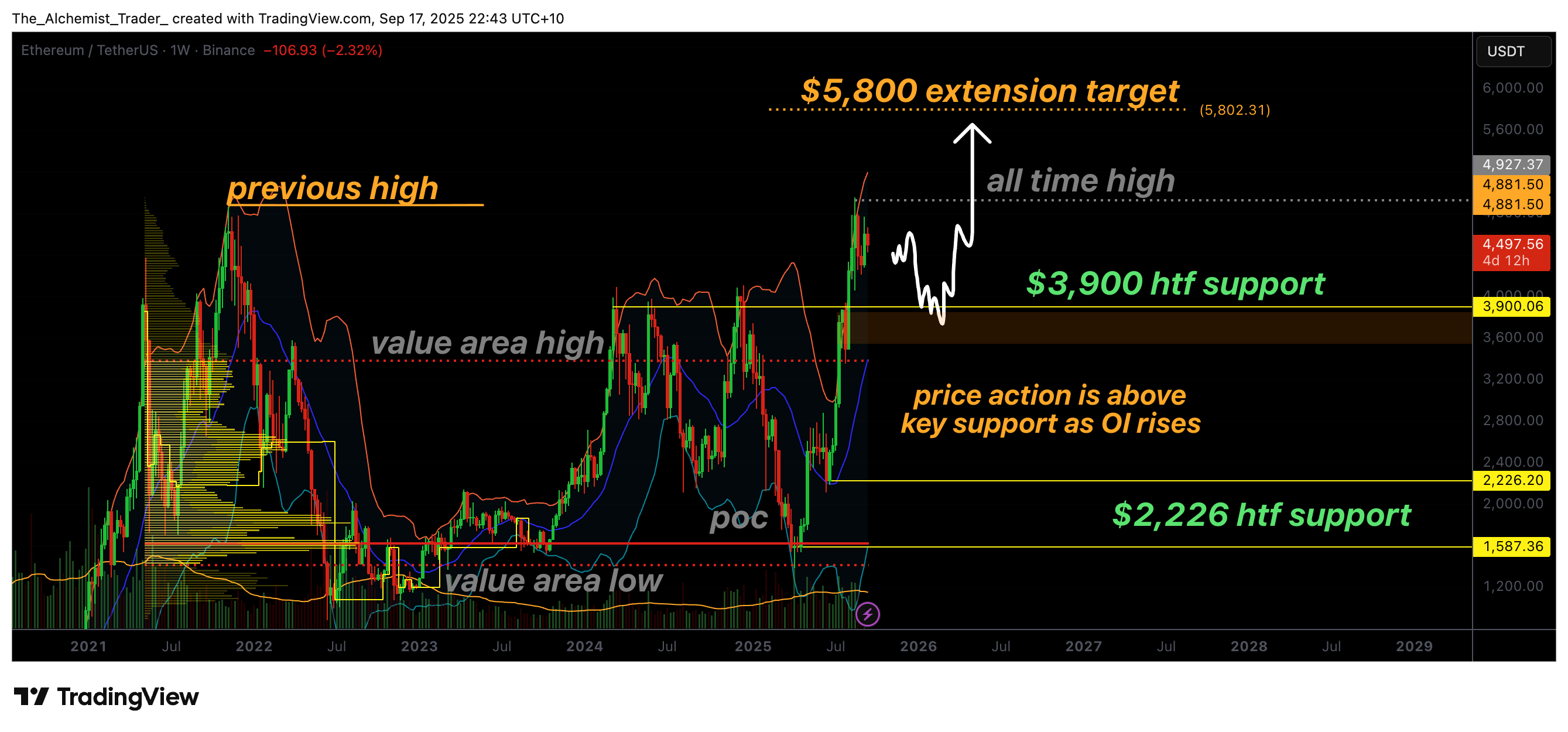Durov gets in touch, Telegram updates policy
Pavel Durov, the founder of the social network and messenger Telegram, published his first post on his channel after being detained in France.
Durov thanked his subscribers for their support and said that the French police interrogated him for four days. He called the claims against him, and the situation itself was surprising since, as stated in his post, Telegram has an official representative in the European Union who usually deals with requests.
Yes, we stand by our principles: our experience is shaped by our mission to protect our users in authoritarian regimes. But we’ve always been open to dialogue.
He added that Telegram is in contact with regulators to find the right balance between privacy and security and that many malicious channels and posts are removed daily. However, the messenger is still flawed: authorities may get confused about where to send requests, which needs improvement.
The businessman assured Telegram removes “millions of malicious posts and channels” daily, publishes transparency reports, and has direct hotlines with NGOs to process urgent moderation requests quickly.
Durov said that the rapid increase in Telegram users has led to “growing pains” that have made it easier for criminals to use the platform, so he has set a personal goal to achieve significant improvements.
Telegram updates its policy amid problems in France
Following Durov’s arrest, the Telegram team updated its policy, allowing users to report illegal content in private chats to moderators.

Previously, its policy said that all Telegram chats and group chats are private, except for channels and bots, and the messenger’s administration does not process any requests related to them, according to a cached copy of the page.
Now, this section says that all Telegram groups have “Report” buttons that allow users to report illegal content to moderators in “in just a few taps”. To do this, users need to tap or hold on to the message, and then a menu will appear showing where this button should be.

According to the FAQ page, Telegram’s policy was recently updated. On Sept. 5, it was written there that the messenger’s administration does not process requests for private chats.
Six counts and €5 million bail
Durov has been charged with six counts, including complicity in the activities of an organized group, managing an online platform for carrying out illegal transactions, refusing to provide information upon request of authorized bodies, and money laundering.
On Aug. 28, Durov was released from custody in the courtroom with several conditions. To remain free as long as possible, he must fulfill three conditions: pay bail of €5 million, report to the police twice a week, and not change his residence. Durov can choose this place himself, but he must provide the address to law enforcement officers. This is not considered house arrest — the businessman can leave the house but cannot change his address.
The prosecutor’s office said the investigation into the Telegram owner’s case may drag on for several months. After that, investigators will decide whether to close the case or send it to criminal court with a reclassification of the crimes. There, the investigating judges will also decide whether to close the case or schedule a hearing.
When the investigating judges consider that they have completed the investigation, which can take several months, the case will be closed. The prosecutor’s office will either issue a ruling to close the case or transfer it to the criminal court with a reclassification of the crimes if it deems necessary. Then the investigating judges, in turn, issue a ruling to close the case or organize a hearing.
Also, according to Politico, Durov refused diplomatic assistance from Russia and the UAE. The source said that he refused consular protection from Russia and a visit from a representative of the UAE consulate but agreed to keep the UAE embassy informed:
We are in touch with the French authorities about this case and Pavel Durov’s representatives.
Is Telegram guilty or not?
In many ways, the question of Telegram’s guilt is rather rhetorical. With almost a billion users, it is obvious that content moderation requires a massive staff due to the titanic volume of information.
At its core, Telegram has never had proper content moderation, but before its rapid growth, it was not something that governments around the world paid much attention to.
At the same time, the fight against terrorists and drug trafficking is not the responsibility of company heads. They can help the special services but are not obliged to do so. A unique story occurred when the messenger was without moderation for a long time, but having received almost a billion users, it began to attract attention, and the pressure on it is increasing.




